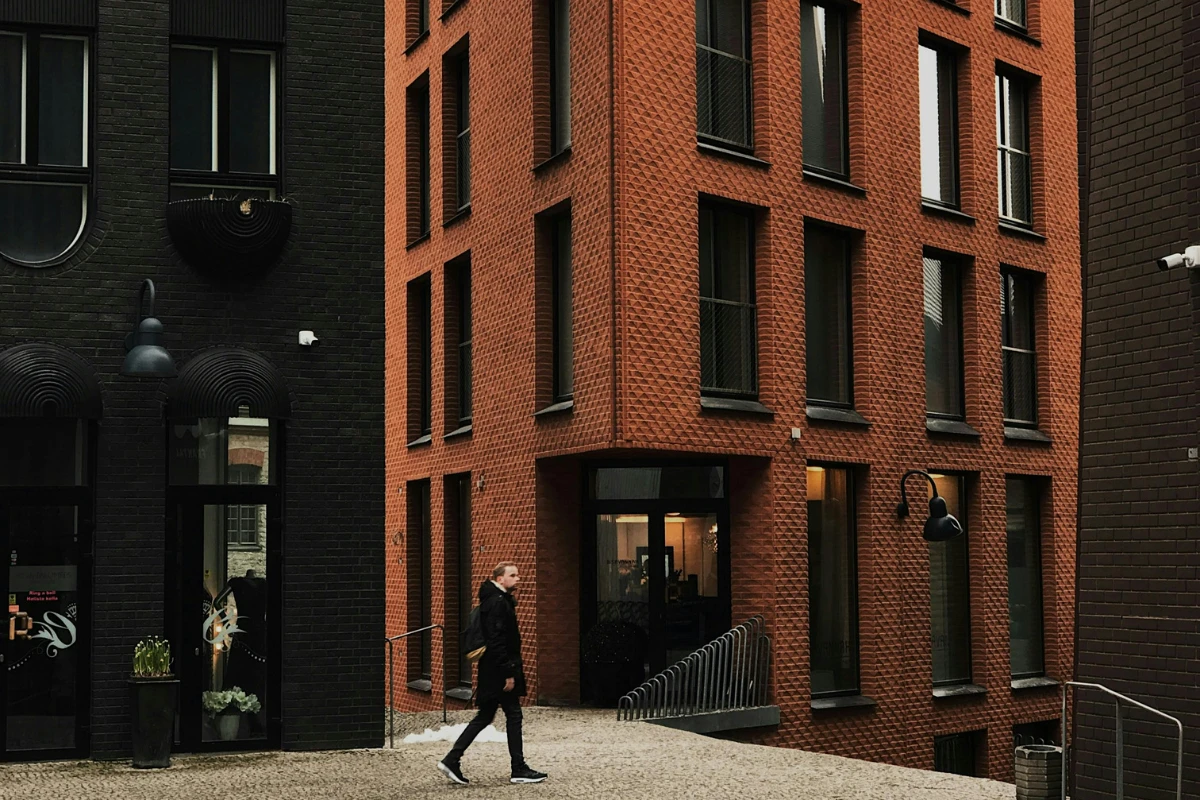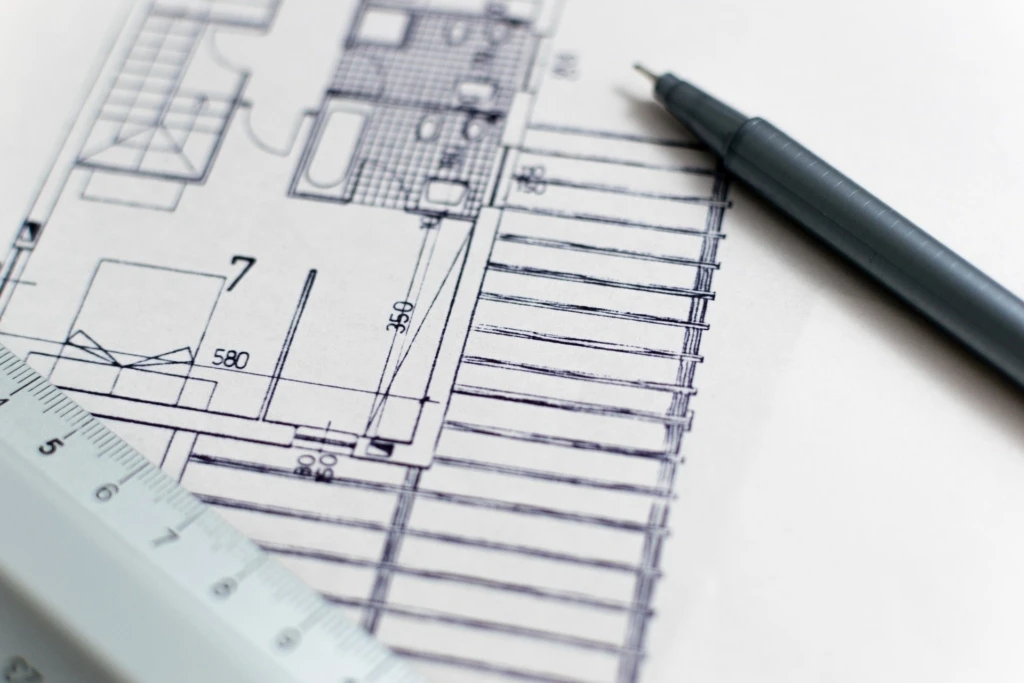5 Tips for Students Finding a Place to Live
-web.webp)
Starting studies at university is a life-changing event for a young person, but unfortunately it also comes with a race against many other young people to find their first real home. The search is made complicated by limited budgets, scarce knowledge of the real estate market, and the fact that decisions must be made quickly due to peak season.
Gerda Luik, head of customer support and household management at Estonian accommodation company Larsen, said that in August, activity in the real estate market increases significantly, as students and newly admitted gymnasium pupils begin searching for a place to live. "This can become stressful both for the young person and for the family supporting them, since thousands of other young people are in the same situation and you inevitably have to compete with them. In addition, there are also international students on the market competing for the same rooms as local young people," she said.
Many young people starting independent lives are therefore forced to make decisions in haste, which is not sensible when choosing a place to live and can also become very expensive.
Luik highlighted five practical tips that help a student or a young person looking for their first home make conscious choices and avoid mistakes.
1. Set your budget and stay realistic
The first and most important step is to determine how much you can spend each month on housing and associated costs. Even if the price of housing seems suitable at first glance, it's worth assessing the size of additional side costs. Internet, utilities, heating, and waste disposal can significantly increase the total cost. Ask what exactly is included in the price, ask to see both summer and winter utility bills so you can make a well-considered decision.
2. Compare locations and think through logistics
The location of a home affects your daily quality of life, so the distance to school and convenient accessibility should also be an important criterion. Before making a decision, make sure of the availability of public transport or parking, also take into account the time it takes to travel, check for the existence of cycling paths.
3. Check the reliability of rental offers
Once you've found suitable housing, ask to see the contract in writing. Read the contract carefully, paying attention to details such as security deposit, payment terms, grounds for contract termination, and any additional costs that may be associated with the specific housing.
4. Try to swim against the current
August is peak season in the real estate market, so prices are higher than average. Therefore, before signing a long-term contract, it's worth considering swimming against the market current.
Larsen's head of customer support and household management advised not to rush after the first attractive-sounding offer, but to consider alternative options. "One option is to find a temporary home for the start of your studies and then look around the market calmly to gain clarity on your needs and choose the most suitable accommodation outside of peak season," advised Gerda Luik. In Tallinn, Larsen offers temporary accommodation to students, young professionals, and visitors to the capital. Modern accommodation at Larsen's houses also comes with the opportunity to use convenient and cozy common areas, including a gym, media room, roof terrace, and a large living room.
5. Think carefully about whether to live alone or share accommodation
In Estonia too, it has become quite common practice in recent years for young people to move in together and share accommodation to optimize costs. Luik said that while this may seem like a good idea at first, in practice it can bring unpleasant surprises. "Certainly, living with multiple people helps share costs, but when living with others, it can turn out that views on, for example, cleanliness, privacy, and living arrangements can differ significantly," she gave examples.
In addition, it's worth considering that if one of your roommates decides to move elsewhere, this can significantly increase your costs or you'll need to find a new place to live. Luik added that a young person starting out in life should consider using modern accommodation services. "An important plus is certainly flexibility, because a young person's needs can change quickly, but compact rooms encourage 'easy moving'. Apartment-style accommodation is also suitable for those who have a minimalist lifestyle and don't favor excessive consumption, but value coziness. In addition, for young people, interaction with each other, joint events, convenient shared areas where you can spend time and, if desired, interact with other residents are important. At the same time, also operational support in case of unexpected household problems, be it a forgotten key or water damage," Luik pointed out.




